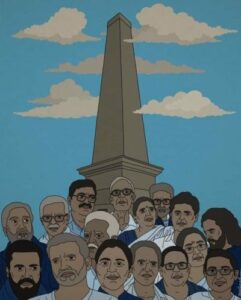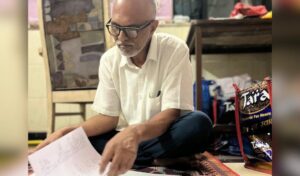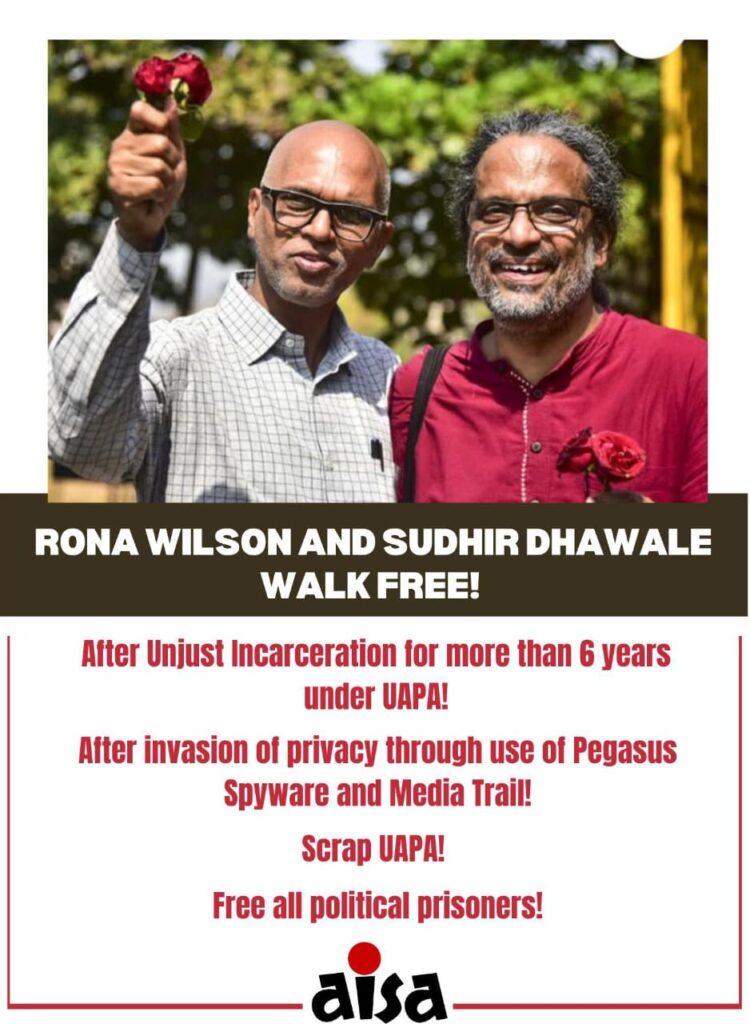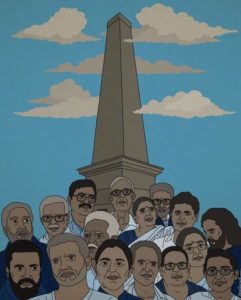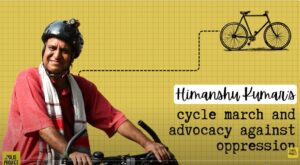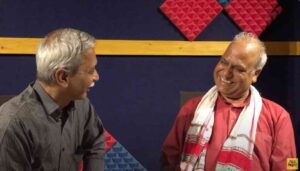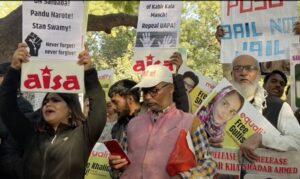Why Double Standards of Justice in India?

Mainstream Weekly / by Sumeet Singh
According to the Indian Constitution, both Central and State governments have a constitutional duty to guarantee the democratic rights of citizens, including their Freedom, Equality, Security, Prosperity, Development, Social justice, and Social protection. Although India claims to be the world’s largest democracy, recent actions by the Central government have raised concerns.
… Numerous Intellectuals, Lawyers, and Social activists have been detained for years on unproven charges of sedition, often without trial, indicating a failure to uphold constitutional rights to liberty. For the past six years, many prominent Intellectuals, Lawyers, and Social activists in the country have been languishing in jail without trial, under false charges of sedition in the alleged Bhima Koregaon violence case. No charges of sedition have been proven against them to date, yet the Judiciary, under pressure from the Central government, has repeatedly denied them bail.
Read more
Also read:
▪ ‘Provincial Convention against Repression’ in Barnala, Punjab (Countercurrents / Jan 2025)
▪ Fadnavis’ obsession with ‘urban naxals’, and a lawless Beed (National Herald / Dec 2024)
▪ The SC Is Making Bail Easier In Terrorism, Money Laundering Cases – Except When It Ignores Itself (article 14 / Sep 2024)
▪ Maharashtra: Activists, Lawyers Added to ‘Union War Book’, Listed as ‘Enemies of the State’ (The Wire / Jul 2021)
